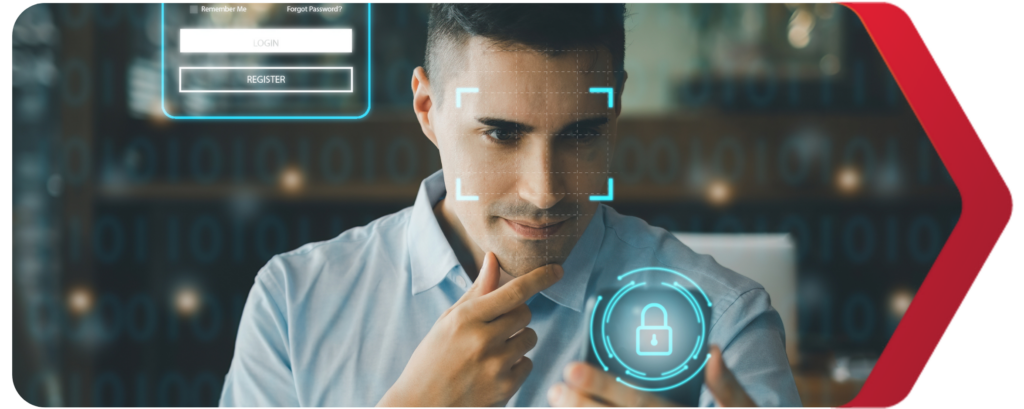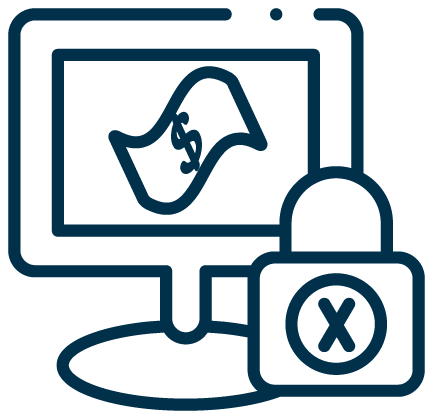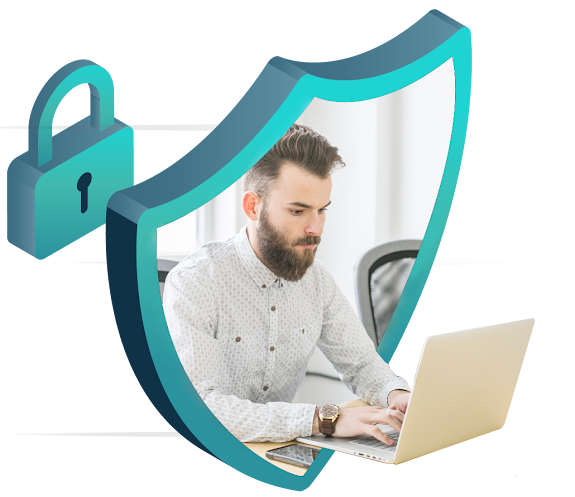What Can Someone Do With Your IP Address?

What Can Someone Do With Your IP Address?
Why do you need to protect your IP address?
A little information in the wrong hands can be a dangerous thing. A lot of damage can be if your IP address gets in the hands of the wrong person. From spamming to attacking your computer, it’s important to understand the dangers of what someone can do with your information. In this article we’ll explain the ways someone could misuse your IP address and provide practical advice on how to protect your valuable information
What is an IP address anyway?
Your IP address is a number that identifies you when you’re online. You need it to send and receive data, watch Netflix, or browse Wikipedia entries. Precisely because it’s so very useful, your IP address is a valuable piece of information.

How do attackers use your IP address?
The possibilities range from minor inconveniences to full-on cyberattacks, and perhaps even physical attacks as well. Here are some of the common ways that IP addresses are used:
- Discover personal information about you: Identity thieves are constantly on the lookout for PII (personally identifiable information). What is PII? It’s information thieves can use to steal from you directly, or information they can use to impersonate you. This can include items like your Social Security number, phone number, mailing address, and birthdate, all valuable information for identity thieves. Your IP address isn’t PII, and a thief can’t use it to get PII directly. However, if a hacker knows your IP address, they can track down your ISP. They could then use a phishing attack to try and convince the ISP to turn over whatever PII it has on you. One sure way to prevent identity theft is to buy one of the best identity theft services.
- Learn your geographic location: An IP address indicates what city you’re in. Once someone knows that, they may also be able to poke around online and find your actual address. Many home invaders keep an eye on social media so they know when homeowners go out of town. If they have IP addresses, it’s usually pretty easy to know which houses to hit, so be sure to secure your home while you’re away.
- Restrict your access to certain services: Your geolocation isn’t just important to potential thieves. Many online services get this information from your IP address and restrict your access to their services. YouTube TV, for example, allows you to see local content only from the city where you live (unless you use a Youtube TV VPN to change your YouTube TV location, of course). Netflix knows what country you’re in and provides access only to that country’s library of shows and movies, unless you change your Netflix region with a Netflix VPN. Other companies charge different rates depending on where you live.
- Prevent you from playing online games: If you happen to be playing against a game administrator and they’re unhappy when you beat them, they can ban you from the match, which may effectively blacklist your IP address on the entire site.
- Execute a DoS/DDoS attack: With your IP address, someone can execute a DoS (denial of service) attack against you. Essentially, such attacks prevent you from accessing network resources, including a website you visit, online accounts, and even email. The most common method for such attacks is to flood your address with server requests, overloading and disabling your system with traffic. A DDoS (distributed denial of service) attack works similarly, only it involves multiple machines so the traffic is even more intense. That’s why many people use VPNs to block DDoS attacks.
- Frame you for crimes: A skilled hacker can use your IP address to impersonate you online, routing activity through your address instead of their own. Ultimately, they could frame you for buying drugs, downloading child pornography, or even creating national security threats.
- Sell it on the dark web: Not all thieves are looking to cash in by impersonating you. Some are happy just to steal your IP address and sell it on the dark web. You can protect yourself from this scenario, of course, if you sign up for one of our best identity theft protection with dark web monitoring.
- Track your activity: Here again, not everyone wants to use your IP address for illegal purposes. Many employers, especially with the advent of telecommuting, will try to track your activities through your IP addresses. While such practices may not be technically illegal, they’re still an invasion of your privacy.
- Sue you for copyright infringement: A number of countries, including the U.S., have strict laws relating to copyrights. Many of them monitor torrenting services, looking for IP addresses associated with downloads of protected music, television shows, and films. Once a law enforcement agency has your IP address, it can go to your ISP and demand the company turn over your name and address; that is, if you didn’t torrent with a VPN using one of the best VPNs for torrenting.
How does someone get your IP address?
The truth is, your IP address isn’t that hard to locate. Because it isn’t considered PII, most companies and services don’t take any extra precautions to conceal it. As a result, someone can get your IP address from a number of sources, including:
- Your email: Some email servers list your IP address in the email heading. If you’re concerned about this, look for email servers that don’t, such as Gmail.
- Torrenting files: When you torrent, your IP address is visible in the peers list. Using a VPN for torrenting can circumvent this problem, though.
- Phishing attacks: Responding to phishing attacks or clicking on bogus links can make your IP address vulnerable to hackers.
- Online ads: A link doesn’t have to be phony for it to collect your IP address. Even legitimate ads may record this information if you click on them. This is known as adware. Unfortunately, this is how many companies do business these days, but there are good methods out there for removing adware.
- Your computer: It may seem obvious, but if you loan your device to someone, even for a minute or two, they can find your IP address in the device settings easily.

How CyberPathways can help?
We will help human-proof your Cyber Security, and build business resilience and confidence. Read more about Cyber Essentials here, or talk to one of our experts about tailoring a training package to address your cyber vulnerabilities.
Ready to get started?
Find out how CyberPathways can help your organisation human-proof your cyber security